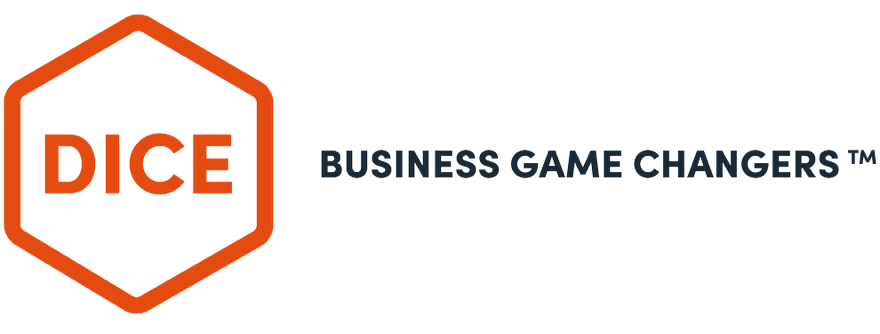Call us on: 01244 478692
Handling Conflict in the Workplace
There’s nothing worse than experiencing conflict in the workplace. It is something we can come across in our client’s businesses and be asked for help to resolve the issues. Whilst every situation is unique, we can find it helpful to refer to one of our methodologies which helps a team to understand how to collaborate so that differences can be overcome to ultimately support the team’s effectiveness.
Someone’s conflict behaviour in the workplace is usually a result of both their personality and the conditions of the situation in which they find themself. They might naturally be someone who comes at a situation with a confident stance, or it might be that they are working with someone very different in personality style to them and they are struggling to put their opinion across constructively. When there is a conflict situation between two or more people, there are two dimensions to their behaviour:
- Assertiveness – the extent to which the person attempts to satisfy their own concerns.
- Cooperativeness – the extent to which the person attempts to satisfy the other person’s concerns.
There are then a variety of more specific positions which can help to work out where each person is coming from in terms of the conflict situation: Competition, Avoiding, Compromising, Collaboration, and Accommodating.
Competition is assertive and uncooperative—an individual pursues his own concerns at the other person’s expense. This is a power-oriented mode in which you use whatever power seems appropriate to win your own position—your ability to argue, your rank, or economic sanctions. Competing means ‘standing up for your rights’, defending a position which you believe is correct, or simply trying to win.
Accommodating is unassertive and cooperative—the opposite of competing. When accommodating, the individual neglects their own concerns to satisfy the concerns of the other person; there is an element of self-sacrifice in this mode. Accommodating might take the form of selfless generosity or charity, obeying another person’s order when you would prefer not to, or yielding to another’s point of view.
Avoiding is unassertive and uncooperative—the person neither pursues their own concerns nor those of the other individual. Thus, they do not deal with the conflict. Avoiding might take the form of diplomatically sidestepping an issue, postponing an issue until a better time, or simply withdrawing from a threatening situation.
Collaborating is both assertive and cooperative—the opposite of avoiding. Collaborating involves an attempt to work with others to find some solution that fully satisfies their concerns. It means digging into an issue to pinpoint the underlying needs and wants of the two individuals. Collaborating between two people might take the form of exploring a disagreement to learn from each other’s insights or trying to find a creative solution to a relational problem.
Compromising is moderate in both assertiveness and cooperativeness. The objective is to find some expedient, mutually acceptable solution that partially satisfies both parties. It falls intermediate between competing and accommodating. Compromising gives up more than competing but less than accommodating. Likewise, it addresses an issue more directly than avoiding but does not explore it in as much depth as collaborating. In some situations, compromising might mean seeking a middle-ground solution.
Each of us can use all five conflict-handling modes but certain people use some modes better than others and therefore tend to rely on those modes more heavily than others. We find that the key in coming to a positive resolution between individuals or within a team environment is having someone outside of the team to help facilitate discussions and try to work towards everybody having an equal voice, being understood, and most importantly, being respected.
Having a team with different personalities and diversity of opinion is proven to be valuable in helping organisations gain a competitive advantage but when it tips into a conflict situation it can be very stressful for everyone involved. If you ever find yourself needing support with this, we can help – reach out to us at: [email protected] to arrange a confidential call.




